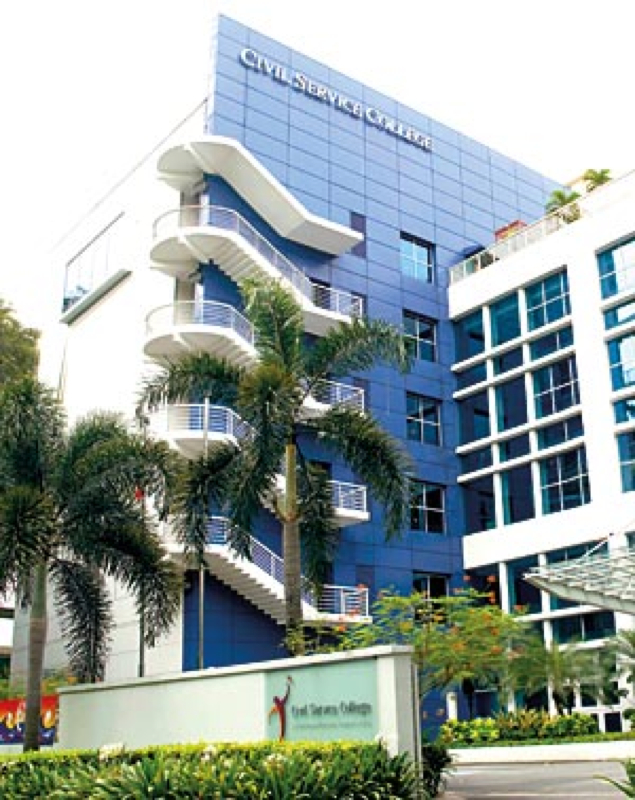This afternoon I first met with Professor Neo Boon Siong, Chairman of the Nanyang Execution Programs and former Dean of the Nanyang Business School, Nanyang Technological University (NTU), Singapore. He is also a Fellow of the Civil Service College and the Centre for Liveable Cities, and was the founding Director of the Information Management Research Centre in NTU and the Asia Competitiveness Institute in NUS. He currently serves as Director on the Boards of OCBC Bank, k1 Ventures Ltd, and J Lauritzen Singapore. After meeting with the Professor I met with senior members of Singapore's Economic Development Board, including the Assistant Director. A key theme from the day is that Singapore does not approach FDI as a tax issue or even a jobs issue, but rather as a long term strategy. Prof Boon Siong described Singapore's FDI focus as finding a value proposition and sticking to it. To that end, they don't compete for certain companies, nor do they look at "win/loss" in terms of attracting certain companies. They respond to market changes (and establish close relationships with industry so they know what's coming and where industries in general are going). Yet, this only applies when they have chosen to focus on the sector (which focus is beyond a "nice to have" but rather based on companies desiring to come to Singapore, as well as what works for Singapore). They work with such companies, even going so far as to create dedicated office parks, seeking input around what is good from a physical and regulatory environment, and encouraging the SMEs that supply these industries to also locate nearby. A key to this is being disciplined and focusing on long term and not quick wins that would be inconsistent with their plan, going so far as to not work with certain companies interested in Singapore if they don't "fit" the plan. Singapore had advantages in creating a cohesive message to attract FDI around industries including one statutory body (governmental but largely independent) and no multiple layers of federal, state and local efforts at FDI. That said, it was impressive to learn about the role the EDB plays in getting the various government agencies in a room to work together to gain alignment and help promote the industry they're trying to attract. They also do this with companies in the industry they're trying to develop, getting feedback to bring to the interagency meetings, even going so far as to bring in universities to shape curricula around what's needed by the industry. Another interesting part of Singapore's process was the creation of a Singapore brand or value proposition. For Singapore it's TKCL - Trust (it's a highly ethical environment), Knowledge (they have a highly educated workforce with strong institutions of higher learning), Connectedness (they have strong connections via trade, transportation and immigration with the rest of the world, particularly Asia) and Life (a great lifestyle in Singapore in terms of development, restaurants, arts and culture etc.). Overall, Singapore exhibits a great deal of discipline around creating a plan, sticking to it even at occasional short term losses, and globally consistent messaging. When asked how this was all created, the consistent response was that as a small country they had no choice. To paraphrase one person "the psyche of a small country requires attention to trends and advance planning". If that's the case, perhaps the Philadelphia region should start acting like a small country.

 RSS Feed
RSS Feed